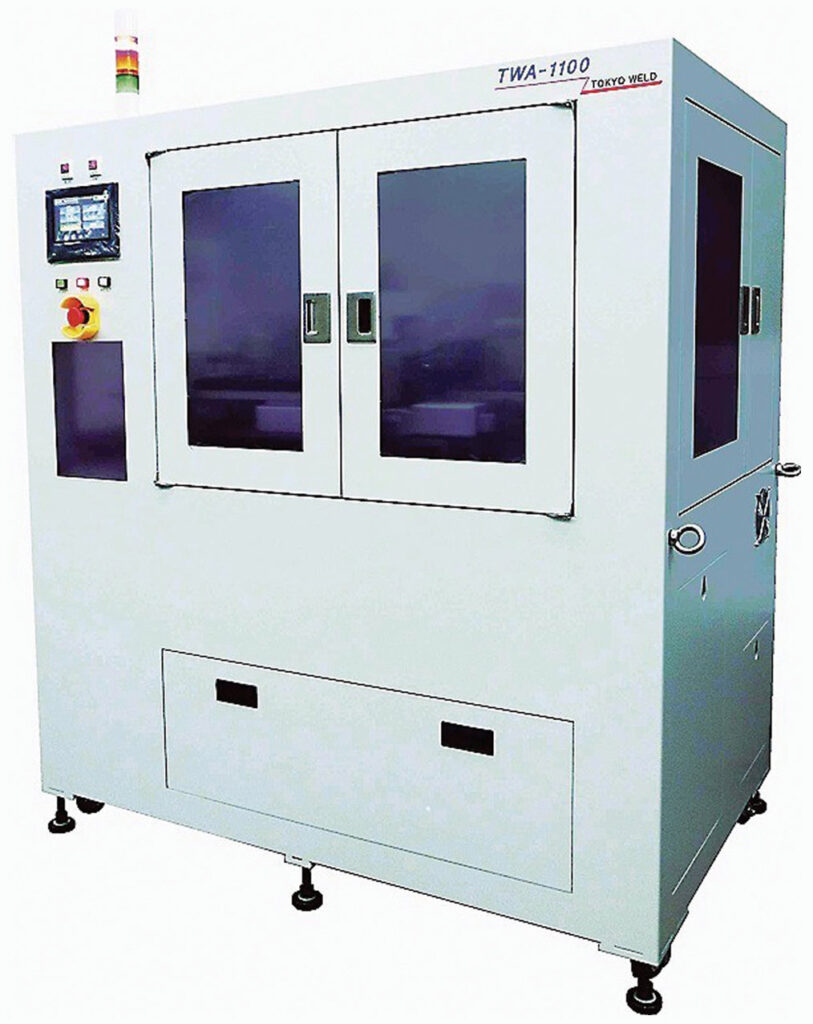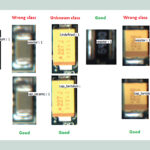ASIA ELECTRONICS INDUSTRYYOUR WINDOW TO SMART MANUFACTURING
AI Function Brings Visual Inspection Closer to Human Capability
The aggressive capital investment that had continued since 2015 was expected to settle down in 2020 and was presumed for another rebound sometime in the future. However, the market trend changed significantly in the first half of 2020 due to the novel coronavirus (COVID-19). In fact, the outlook was pessimistic from April until June. Barely six months after, the demand for mobile PCs and tablet terminals showed some signs of rebound, triggered by the recovery of production at factories and by adapting to the new normal. At present, the outlook for the electronic component industry is bright rather than gloomy. Although the future is still unstable, expectations remain high because the industry has to respond to technological development and growing demand for smartphones supporting 5G. Under such circumstances and with electronic components continuing the miniaturization trend, needs for inspection to guarantee high quality and high reliability are becoming more prominent.
Tokyo Weld Co. Ltd. has widely deployed taping machines, measurement inspection machines, visual inspection machines, and terminal coating machines for electronic components. In recent years, the company devoted enormous efforts to develop capacitors, resistors, inductors, and other types with 0201 (mm) size to catch up with the miniaturization trend. The visual inspection machine business also expanded in full swing for about five years. The company is actively working to respond to the demand for higher reliability and higher quality required by in-vehicle applications, for example.
The visual inspection device makes full use of the image technology cultivated in the measurement inspection machines for electronic components to judge the quality of capacitors, inductors, diodes, and others. It has continued to evolve, responding to various needs such as faster inspection and possibility of dealing with minute parts and deformed parts. In addition, the company has developed a machine equipped with an artificial intelligence (AI) function, putting into the market in 2019 the six-sided TWA-4101 optical inspection machine.

Inspection Algorithm Configured with AI
Powered with an AI function, the inspection result comes closer to the delicate judgment of the human eye. In addition, the complicated configuration of the inspection algorithm and the setting of the decision threshold requiring human skill can be simplified all at once. In the visual inspection of electronic components, problems such as overkill, in which non-defective products are judged as defective and underkill, in which defective products are judged as non-defective are common. With the AI function installed, these issues have been solved. As a result, the products are evaluated highly by customers.
In 2020, the company started sales expansion of a new visual inspection machine named Multi-Module Vision Handler (MMVH) and an inspection taping machine named Multi-Module Test Handler (MMTH). MMVH was for deformed parts like smartphone battery connectors and for conventional standard products. Both machines are equipped with the AI function developed by the company.
In 2021, the company endeavors to fulfill various requests and demands arising from sincere market appreciation of the products. The company will further strengthen sales of these products by offering a lineup of inspection equipment for the semiconductor market, for relatively large-sized electronic components, and for irregularly shaped electronic components.
These machines are intended for the inspection of deformed components and medium and larger devices and components. The modular configuration of each part of the machine enables flexible configuration changes for workpieces of various sizes and shapes. The work supply unit can flexibly correspond to parts feeder supply, tray supply and wafer supply. They also feature specifications to enable connection to a factory network through personal computers, thus fully supporting smart factories.
The company is further enhancing the development of basic technologies that form the core of the company’s business, and is also working on new business and product areas, including nondestructive inspection of electronic components.
About This Article:
Tokyo Weld Co. Ltd. provided the contents of the article.




